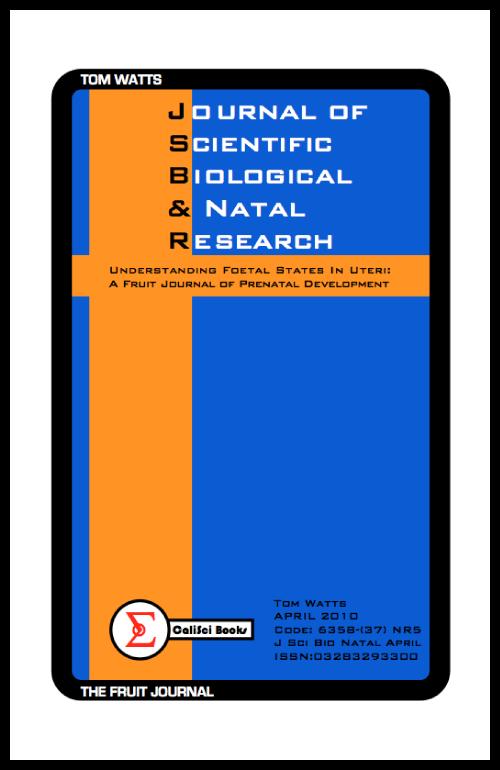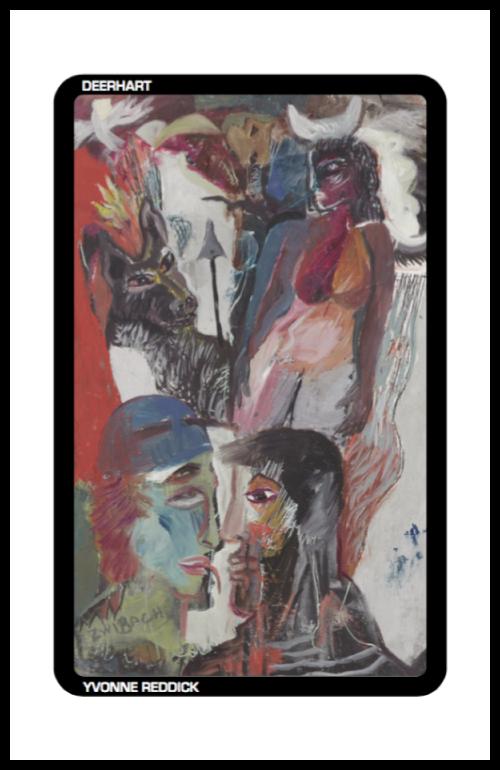‘the day maybe died (tributes and torched songs) Imagining China’ by Nathan Thompson
-Reviewed by Ian Chung–
The title of Nathan Thompson’s chapbook might strike some people as confusing or unwieldy, but I would venture that it really represents the continuum along which the poems in this chapbook flow. At one end of the spectrum, ‘the day maybe died’ delights in its fragmentation, making leaps of language and imagery. At the other, ‘Imagining China’ is a tenderly lyrical piece. The poems in between then blend traits from both, demonstrating what Rupert Loydell means when he praises Thompson as ‘one of a new breed of postmodernist lyricists who have learnt from both the centre and the edges of contemporary writing and are not afraid to freely use processes, techniques, confession and invention’.
‘the day maybe died’ owes an unmistakeable debt to Frank O’Hara’s ‘The Day Lady Died’, which it acknowledges at the end of the poem: ‘dear Frank / for having a coke with the wrong sponsor you’re fired’. Like O’Hara’s poem, Thompson’s eschews punctuation, and both poems adopt a conversational tone, beginning in media res, as it were (‘It is 12:20 in New York a Friday’ versus ‘running out on the new book half way through’). Where the former reads almost like a relentless internal monologue, however, the latter has a tendency to open up, literally, as spaces fill in for the commas and full stops that would normally help to regulate the pace of a poem. The punning title also announces Thompson’s brand of postmodern wit, which finds fulfilment in lines like ‘the criminal loops smooth fingers / about a tree it is all too tall and obvious / how about a short tomato’ or ‘the exercise bike of broken images had flown away with itself / making a mockery of my cigarette’.
Kicking off the ‘tributes and torched songs’ that comprise the bulk of this chapbook, ‘checklist’ contains what might be interpreted as a morose sentiment: ‘I am here to meet a man who knows / how little point there is in meeting // neither of us will reach home better as a result’. Yet the poem later works to undermine this nihilism, suggesting that ‘it really isn’t that simple’, and it eventually ends with a grudging sort of conviviality: ‘if it comes to it there’s a spare room at my place’. The poems in Thompson’s chapbook are also poised between the spaces of intimacy and surrealism, constantly trying to assert that ‘everything yields meaning’ (‘the book in our hands’) but also doubtful if that is really the case, ‘not certain this matters’ (‘the Texan with the instamatic’). What reconciles the two spaces are ultimately images like the one in ‘Chatterton’s patent home-globe’:
you rub my eyes and the lashes
slip to their new appointments between blank pages
black moons in a white sky let’s start again
with what was left behind
As the final poem in the sequence, ‘Imagining China’ might serve as a sharp contrast to the earlier poems, almost as if for a parting shot, Thompson is demonstrating that, yes, he, too, can write the familiar-looking stanzas of the conventional lyric, punctuation and all. Nonetheless, to see the poem simply in that light would be to belittle the poet’s achievement. ‘Imagining China’ deploys the same strategy of proffering and then retracting an image/idea that runs throughout the rest of the chapbook: ‘This morning looks too low to me across its thighs, / which verge on almost being yours’ versus ‘I will / not say any morning sky is two thighs again (I mean / your thighs aren’t grey, though I guess I did say ‘almost’)’. Acutely aware that ‘chatter costs idleness, and that’s increasingly precious’, what the poem is really reaching for is ‘our imaginary China: a place / we’d always planned to go, well once’.
As the blank spaces and punctuation begin to mix in the closing lines of the poem, it is as though the imaginary space being opened up can now afford for this sort of multiplicity to exist, to coexist: ‘I believe the morning sky is open / there, painted intricately over several backgrounds’. Those final lines are placed in quotation marks on the page, also a recurrent feature throughout the chapbook, at once expanding the space of the poem to include another voice and hinting at contexts lying beyond the sphere of the poem, ‘backgrounds’ that are obliquely accessible through it. Perhaps what is most attractive about Thompson’s poetry here is thus this sense of genuine human warmth that grounds it, even when his writing pushes language in directions that can seem alien or threatening in their fragmentation and aleatory nature.




